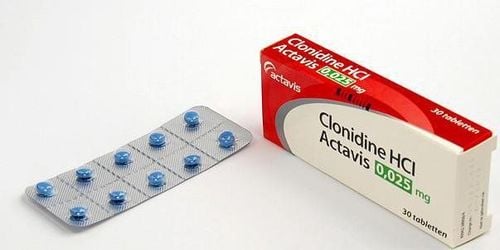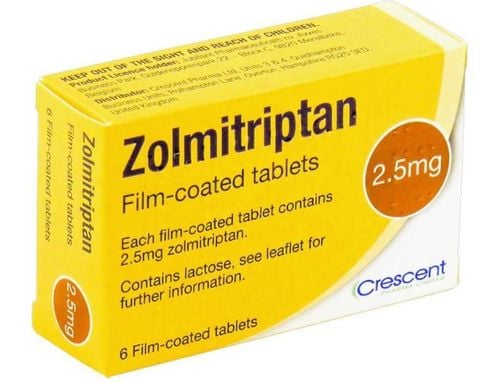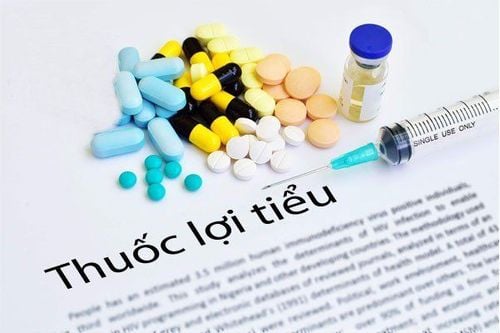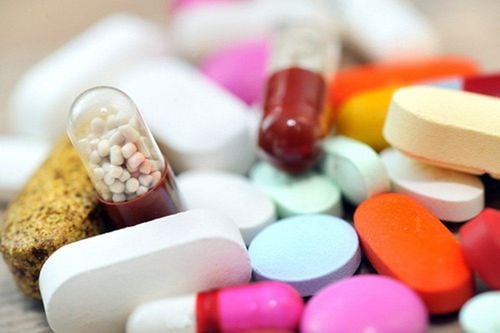This is an automatically translated article.
Good sleep is not only important for reducing your long-term stress, but it is also important for your heart health. An association between severe sleep deprivation-induced hypertension is well known. So does sleep loss plus stress increase blood pressure?
1. The link between severe sleep deprivation, prolonged stress and high blood pressure
Sleep is not a luxury it is very important for good health. Sleep helps the body reduce long-term stress. Getting enough sleep also helps you function properly during the day. Sleep is highly conserved throughout evolution, suggesting that important biological functions are still not fully understood.
Animals and humans with partial sleep restriction often exhibit adverse physiological reactions, while total and prolonged insomnia can lead to death. Disturbances of sleep homeostasis are often accompanied by increased activity of the hypothalamic-pituitary-adrenal (HPA) axis, leading to an increase in circulating levels of stress hormones (eg. : Cortisol in humans, corticosterone in rodents). Such hormones follow a circadian pattern of cyclical release under undisturbed conditions and are involved in sleep regulation. The investigation of the consequences of sleep deprivation, ranging from molecular changes to behavioral changes, has been used to study the fundamental functions of sleep.
However, the reciprocal relationship between sleep and HPA axis activity is problematic when investigating sleep using traditional stress-induced sleep deprivation protocols. This is especially true in studies using rodents, where sleep deprivation is caused by exogenous and potentially stressful sensory stimuli.
Although, more research is needed to explore the underlying mechanisms of sleep loss and health, therefore, avoiding prolonged stress as a confounding factor in studies of sleep deprivation is important. important. This review examines evidence for a complex link between sleep and stress in the context of experimental sleep deprivation and proposes a more complex research framework for sleep deprivation processes that could benefit from progress. recently in biotechnological tools for precise neuromodulation, such as chemotherapy and optics, as well as improved automatic sleep scoring algorithms in real time.
Is it true that high blood pressure is caused by lack of sleep? Ability. Sleep experts recommend that adults get 7 to 8 hours of sleep each night. Sleeping less than six hours is known to be bad for your overall health. Stress, plane delays, shift work, and other sleep disorders make you more likely to develop heart disease and risk factors for heart disease, including obesity and diabetes. Chronic lack of sleep can lead to high blood pressure (hypertension) in both children and adults.
The less you sleep, your blood pressure can rise. People who sleep six hours or less may experience increased blood pressure. If you already have high blood pressure, not getting a good night's sleep can make your blood pressure worse.
It is thought that sleep helps your body control the hormones needed to regulate stress and metabolism. Over time, lack of sleep can cause hormone changes, leading to high blood pressure and other risk factors for heart disease.

Thiếu ngủ trầm trọng có thể ảnh hưởng trực tiếp tới sức khỏe của bạn
Don't try to make up for it with lots of sleep. Too much sleep, to a lesser extent short naps, can lead to high blood sugar and weight gain, which is bad for your heart health. Talk to your doctor for more tips to help you sleep better, especially if you have high blood pressure.
One possible cause of your lack of sleep contributing to high blood pressure is obstructive sleep apnea, a sleep disorder in which you repeatedly stop breathing and start breathing during sleep. Talk to your doctor if you feel tired even after sleeping all night, especially if you snore. Obstructive sleep apnea is likely the cause. Obstructive sleep apnea can increase your risk of high blood pressure and other heart problems.
Extensive research has been carried out since discovering the fundamental importance of sleep, its fundamental contributions to chronic stress and cardiovascular health. The high prevalence of insomnia and poor sleep quality in modern society highlights the main trends that are likely to influence the outcomes of sleep deprivation therapies, which are undoubtedly chronic stress and increased blood pressure.
2. Insomnia plus stress raises blood pressure
A new study shows that a stressful day after a sleepless night may be bad for blood pressure. The researchers recruited 20 healthy young adults and measured their blood pressure while resting and then after a stressful job, in this case, giving an impromptu speech in which they had to defend themselves. correcting an alleged violation of stopping or taking someone's wallet.
A week later, after staying up all night, the study participants returned to the lab to perform the tests again. Systolic blood pressure, the top number on a blood pressure reading, rose about 10 points higher when tired people were reading their speech than when they were doing the same task well-rested. Researcher Peter L. Franzen, associate professor of psychiatry at the University of Pittsburgh's Institute of Sleep Medicine, said: "Sleep deprivation combined with prolonged stress causes blood pressure to rise much higher." He says that not getting enough sleep may be linked to the development of cardiovascular disease. While 10 plus points doesn't sound like a huge difference, blood pressure experts say it's important.
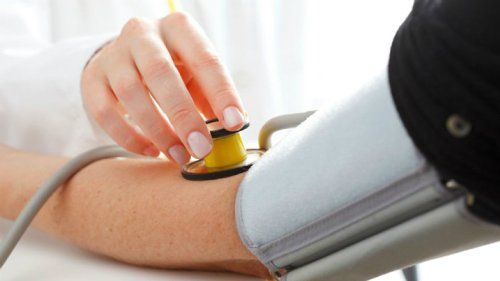
Một số người bệnh gặp tình trạng tăng huyết áp do thiếu ngủ
Franzen says: “Not only is prolonged stress common, little sleep is also common, and one can lead to the other in a spiral. If you are experiencing a lot of stress, we know that it tends to cause insomnia. These things often appear together.” According to the CDC, one in three Americans has high blood pressure. This condition has few symptoms and is often referred to as a "silent killer" because it can lead to stroke, heart attack, heart failure, and possibly damage to the kidneys and other organs. About one-fifth of Americans have uncontrolled hypertension, which means the disease is left untreated or drugs or other treatments fail to reduce it.
Please dial HOTLINE for more information or register for an appointment HERE. Download MyVinmec app to make appointments faster and to manage your bookings easily.
References: webmd.com, mayoclinic.org, cdc.gov, oyalsocietypublishing.org





